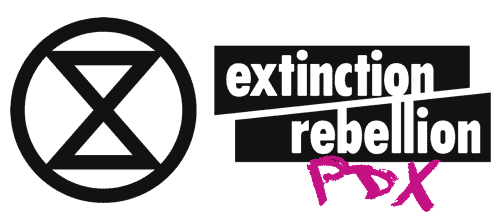From time immemorial indigenous people have lived on the land. Since 1492, Europeans have immorally exploited the land and its people. These three documentaries highlight the struggles of Indigenous groups fighting to protect their land and water from expropriation and environmental destruction.
La Lucha Sigue (The Struggle Continues) is about Honduran Indigenous people (Lenca and Garífuna) fighting to maintain their dignity and way of life. The Honduran government and multinational companies with support from the United States continue to exploit them. They want to take farmers’ water for mining and farmers’ land to plant monocrops like palm oil trees.
In addition, company and government agents threaten, intimidate and assassinate indigenous leaders, like Berta Càceres, who stand in the way. In spite of these dangerous conditions, organizations like COPLNH (Consejo Cívico de Organizaciones Populares e Indígenas de Honduras or Council of Popular and Indigenous Organizations of Honduras) and OFRANEH (Organización Fraternal Negra Hondureña or Black Fraternal Organization of Honduras) continue to work together for a better life.
To view the trailer, go here.
In L’Eau Est La Vie (Water is Life): from Standing Rock to the Swamp, set in southern Louisiana, the local people fought to stop the last stretch of the Dakota Access Pipeline (Bayou Bridge) from crossing the Atchafalaya Basin, traditional territory of the Atakapa-Ishak and Chitimacha and one of the most diverse wetlands on the planet. Through nonviolent disobedience they were able to successfully redirect the pipeline to another location, despite threats, arrests, an eminent domain judgment and frivolous lawsuits.
Unfortunately they were not able to stop its construction. In solidarity, a tribal member from North Dakota, who protested the pipeline there, traveled to Louisiana to support the local effort.
To view the trailer, go here.
Invasion tells the story of opposition to a pipeline through First Nation territory in British Columbia. The Wet’suet’en is a sovereign nation that never ceded or surrendered their territory to Canada and govern themselves under Wet’suet’en law. TransCanada, with the support of the Canadian government, wants to build a pipeline (Coastal Gaslink project) to carry fracked gas to the Pacific coast [to be shipped to East Asia markets – Ed.] through land belonging to the Unist’ot’en, house of the Gilseyhu clan of the Wet’suet’en. They do not want the pipeline because it will destroy their land and water.
TransCanada obtained a court injunction that granted them access to start construction. The Unist’ot’en put barriers up; police came in and tore them down and arrested several people. There were protests around Canada and the US in support of the Unist’ot’en and a representative from the house spoke in front of the United Nations General Assembly. Opposition still continues and no pipeline has been built as of May 2021, although pipe has been delivered along the route.
To watch the full documentary, go here.
These stories are inspiring and show that Indigenous communities are fighting back around the world and need our support. The “immoral” of this story is capitalism and its many evil cronies (i.e. corporatism, fascism) take, take, and take – and to hell with the consequences. This must be resisted!

